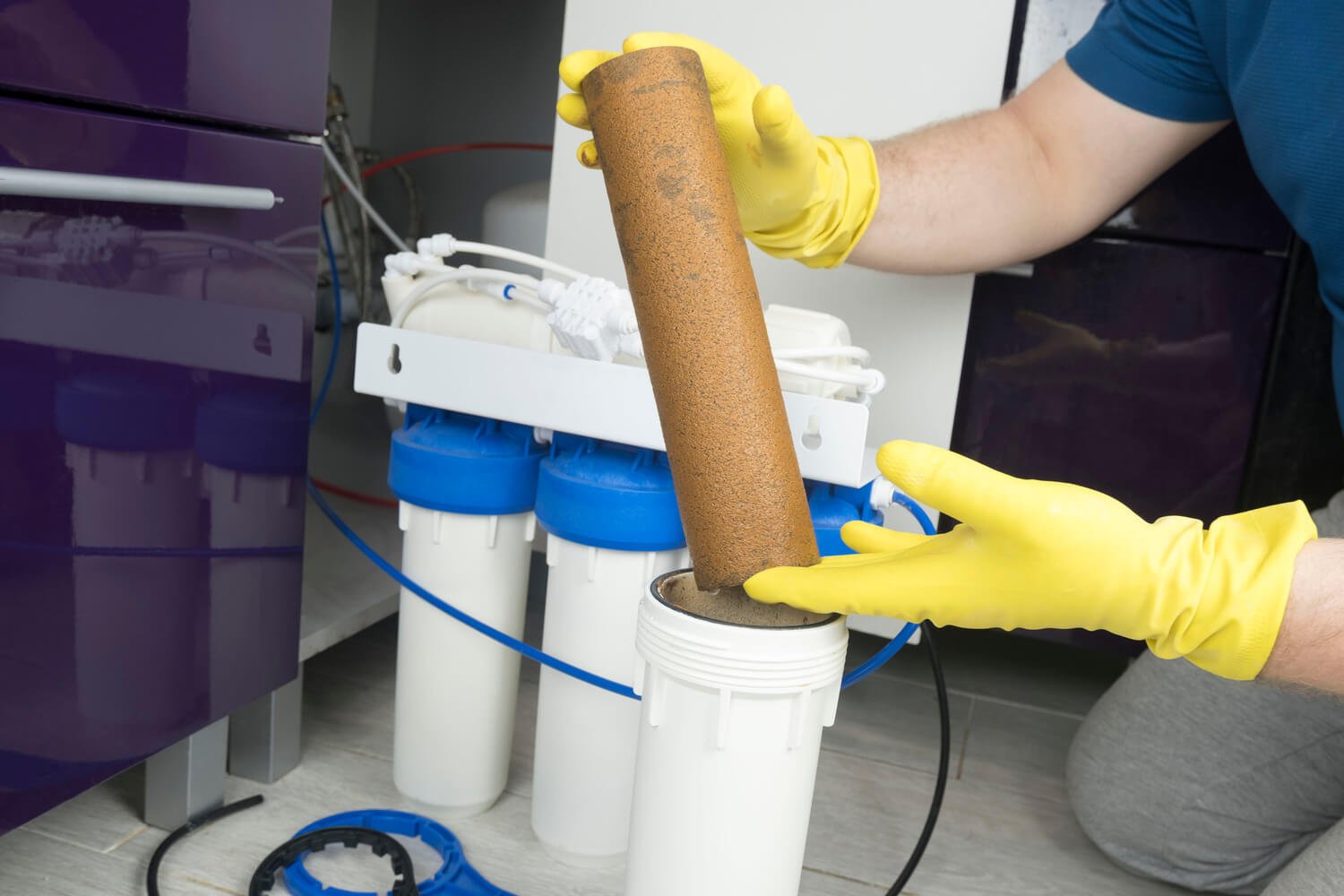
Access to clean and safe drinking water is essential for human health and well-being. In many regions around the world, boreholes are a common source of water for communities. However, borehole water can be contaminated with various pollutants and pathogens, posing a risk to those who consume it. To address this issue, borehole water filter systems play a crucial role in purifying water and making it safe for consumption. This article delves into the functionality of borehole water filter systems, from the source to the tap.
Source of Contamination
Contaminants in Borehole Water
- Bacteria and viruses
- Heavy metals such as lead and arsenic
- Chemical pollutants like pesticides and fertilizers
- Sediments and debris
Borehole water can be contaminated by various sources, including natural geological formations, agricultural runoff, and improper waste disposal. The presence of contaminants in borehole water poses a serious risk to human health, leading to waterborne diseases and long-term health effects.
Functionality of Borehole Water Filter Systems
Filtration Process
Borehole water filter systems employ multiple filtration stages to remove different types of contaminants and pathogens. The filtration process typically consists of the following steps:
- Sediment Filtration: Removes larger particles such as sand and clay
- Activated Carbon Filtration: Absorbs organic compounds, chlorine, and odors
- Reverse Osmosis: Removes dissolved solids, heavy metals, and pathogens
- UV Sterilization: Inactivates bacteria and viruses to make water safe for consumption
Benefits of Borehole Water Filter Systems
- Improves water quality by removing contaminants
- Reduces the risk of waterborne diseases
- Provides safe and clean drinking water for communities
- Cost-effective compared to bottled water or centralized treatment systems
- Easy to maintain and operate
Maintenance and Monitoring
Regular Maintenance
- Replace filter cartridges according to manufacturer's recommendations
- Clean filters and housings periodically to maintain efficiency
- Inspect for leaks and damage to ensure proper functioning
Water Quality Testing
- Conduct periodic water quality tests to monitor contaminant levels
- Test for bacteria, heavy metals, and other pollutants to ensure water safety
- Adjust filtration system settings based on test results for optimal performance
Regular maintenance and water quality testing are essential to ensure the effectiveness of borehole water filter systems. By following proper maintenance protocols and monitoring water quality, communities can continue to rely on these systems for clean and safe drinking water.
Challenges and Solutions
Challenges
- Limited access to clean water resources
- Lack of awareness about waterborne diseases and filtration technologies
- Financial constraints for implementing and maintaining filter systems
Solutions
- Education and training on water treatment and hygiene practices
- Community-based initiatives for installing and managing filter systems
- Collaboration with local authorities and organizations for funding support
Addressing the challenges associated with borehole water filtration systems requires a multi-faceted approach involving education, community involvement, and financial support. By implementing sustainable solutions, communities can overcome barriers to accessing clean and safe drinking water.